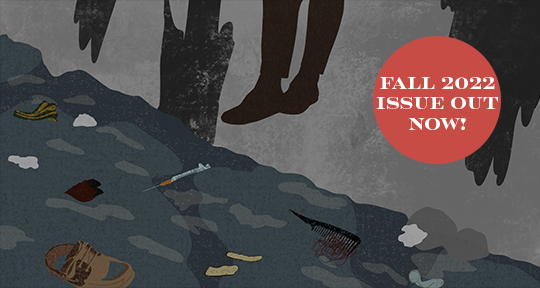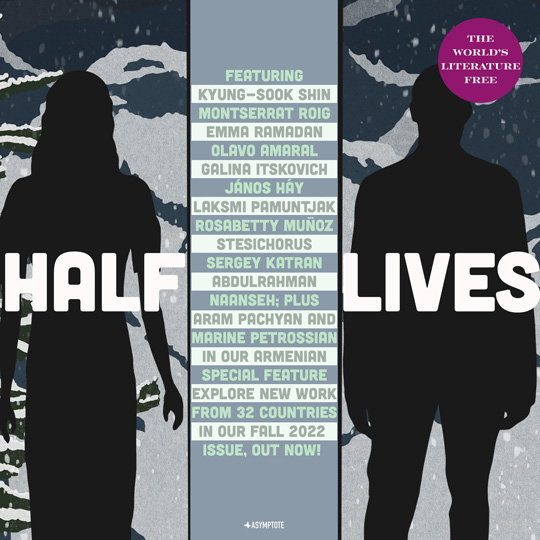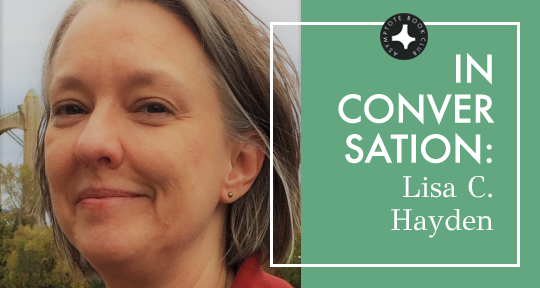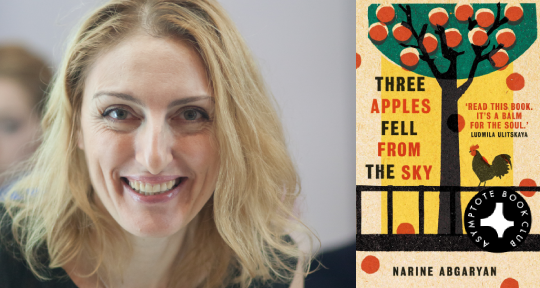Each translation speaks with two voices; that of the author and that of the translator. Yet, it is often when they have done their work well that the voices of translators go unrecognized. Their names are left off of covers, and their efforts mentioned only as brief asides in reviews.
This neglect fails to give translation its due. Walter Benjamin wrote: “Reading a translation as if it were an original work in the translation’s own language is not the highest form of praise;” it is, rather, a failure to fully considering a work in translation, with its two voices and two languages. In an essay for Astra, translator and writer Lily Meyer references Susan Sontag’s definition of style when discussing translation as an art, stating that “to make art without having or consulting your own stylistic preferences strikes me as impossible . . . [Sontag] defines style, more or less, as ‘the principle of decision in a work of art, the signature of an artist’s will.’ Surely a translator’s will can also be found inside anything they translate, animating the text and powering it to full-fledged life.”
This new column, Principle of Decision, is an effort to make the styles of translators more visible. In each installment, one translator will select a famous sentence or brief passage from the literature of a certain language, and several translators will then offer their own translations of it. The differences and similarities between the translations will, we hope, allow for a more direct look at the choices translators make—at the principle of decision they employ in their practice.
For our first edition, we are proud to feature a selection from the Armenian, chosen by Editor-at-Large Kristina Tatarian. Kristina’s word-for-word translation is accompanied by translations from three translators, whose work can also be found in the Fall 2022 issue’s Special Feature on Armenian literature. Kristina has also provided explanatory commentary on her selection, as well as on the translators’ choices.
—Meghan Racklin
One peaceful morning was one sad morning
Մի խաղաղ առավոտ էր . մի տխուր առավոտ :
Mi haghah aravot er mi tehur aravot
˘ ˘ ¯ ˘ ˘ ¯ ˘ ˘ ˘ ¯ ˘ ˘ ¯
This sentence is from the beginning of “Gikor” by Hovhaness Tumanian, one of the central figures in Armenian literature. Based on a real story that Tumanian had heard as a child, “Gikor” is a tale about the dreams and hardship of a twelve-year-old boy, the eponymous Gikor, as his father sends him away from his home in the village to “become a man” and earn a living in the big city. Unfortunately, the boy’s precocious aim to alleviate his family’s hardship eventually ends his life. This sentence marks the moment in the story when Gikor’s mother and siblings watch him leave; accompanied by his father, he moves further and further away from home. The story comes full circle as the father returns to the village—only this time, Gikor is not there anymore. The different translations of this sentence, which presages the early death of the young protagonist, highlight the theme of the Armenian Special Feature (half-lives) by presenting us the “half-life” of the protagonist, a life that prematurely ended. This poignant story may be seen as an emblem of cultural memory about the Armenian Genocide, as Tumanian himself was at the forefront of humanitarian efforts to save children. The contributing translators have each found their own way of translating this memorable sentence, which marks the day when this young and sensitive boy leaves his home, and never returns. READ MORE…






